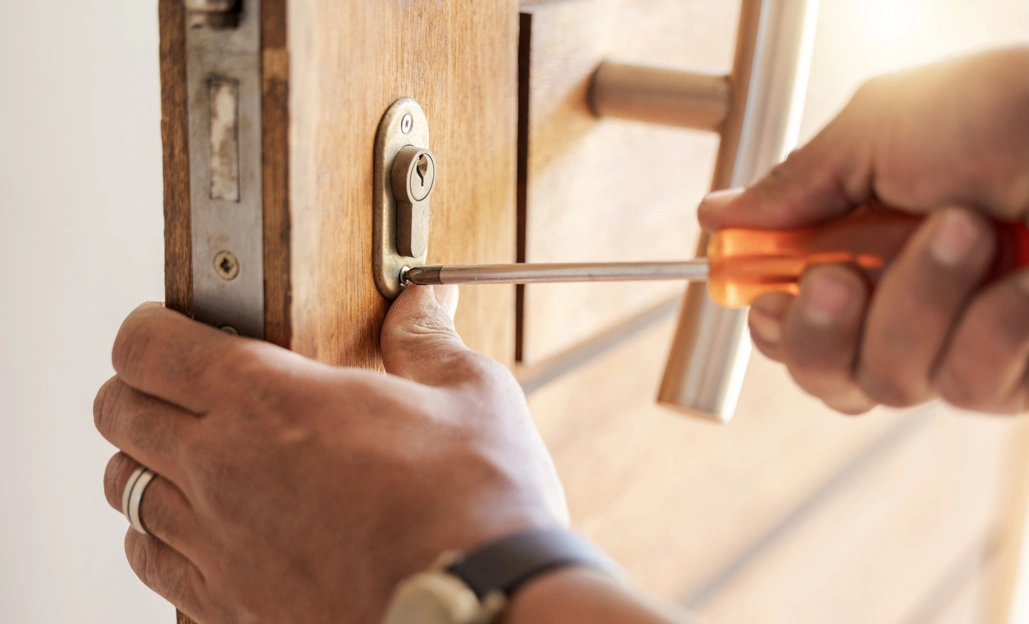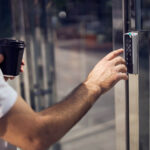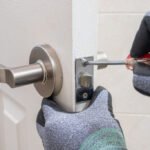Ever found yourself locked out of your house or car and had to call a locksmith on short notice? It’s a vulnerable moment, one that scammers are eager to take advantage of. Imagine the relief of having a number of trusted locksmiths, rather than frantically searching online and risking a scammer. Locksmith scams are more common than people realise, and if you’re not careful, you could end up paying hundreds of dollars for poor service, or worse, compromising your home security.
In this blog, we’ll cover how to avoid locksmith scams, what red flags to watch out for, and how to choose a trustworthy professional locksmith in 2025.
Why Are Locksmith Scams on the Rise?
Locksmith scams are increasing primarily because most customers contact a locksmith in panic, leaving little time for due diligence. The rise of online listings and paid ads also allows fraudulent operators to appear credible, even when they’re not licensed or trained. For instance, be wary of generic ’24/7 Locksmith Service’ ads that don’t list a specific company name, physical address, or feature suspiciously low initial call-out prices.
Common scam methods include:
- Advertising very low service call prices, then inflating the cost once on site.
- Arriving in unmarked vehicles with no identification or company logo.
- Using aggressive tactics to demand cash-only payments.
- Drilling locks unnecessarily to charge for replacements.
Also Read: How Often Should You Replace The Locks In Your Home Or Office?
Common Signs of a Locksmith Scam
If you notice any of the following, it’s a strong indication you may be dealing with a scammer:
1. Suspiciously Low Quotes
“$15 service call!” sounds great—but it’s likely a bait tactic. Once the locksmith arrives, the quote may balloon to $200–$300 or more.
2. Unmarked Vehicles and No Uniform
A legitimate locksmith should arrive in a marked vehicle, preferably with a uniform and company ID.
3. No License or Certification
In many states, locksmiths are required to be licensed. Always ask for proof.
4. Vague or Generic Business Name
If you call and the person answers with “locksmith service” instead of a company name, be cautious.
5. Cash-Only Demands
Professional locksmiths accept multiple forms of payment and will provide a written invoice.
6. Insistence on Drilling
Drilling should be a last resort. If a locksmith recommends it immediately, it’s a red flag.
How to Avoid Locksmith Scams in 2025?
Being proactive and informed is the best defence. Here’s a checklist of how to avoid locksmith scams and how to stay protected:
Search for a Local, Reputable Business:
- Prioritise official websites over random search engine listings
- Always verify their physical address
- Actively seek out and check verified customer reviews
Investigate Thoroughly
When you search for a locksmith, it is not enough to type a word into a search engine.
- The first step is to visit the official site of the company.
- Next, search their license on the regulatory board of your state.
- Compare their qualifications and education.
- Then, get confirmed customer reviews on other websites such as Google, Yelp, Trustpilot, etc. Such reviews reveal the minds of other individuals.
In this way, you get an opportunity to select a reputable locksmith.
Check ID and License:
When a locksmith shows up, request that they show their license and a government-issued form of ID.
Request a Written Estimate:
Provide the written estimate prior to doing any work. The estimate must include the service charges, labour, and parts.
Ask About Payment Methods:
Ensure that they are taking credit cards or online payments, as they would provide you with an additional level of protection.
Save a Trusted Contact:
Do your research now and store the number of a reliable locksmith like Susu Locksmith in your phone.
What to Do If You Suspect You’ve Been Scammed?
If you believe you’ve fallen victim to a locksmith scam, here’s what you should do:
- File a complaint with your local consumer protection agency.
- Report the business to the Better Business Bureau (BBB).
- Leave honest reviews on platforms like Google, Yelp, and Trustpilot.
- Notify your credit card company if you paid by card.
- Contact law enforcement in case of fraudulent charges or intimidation.
These actions not only help you seek justice but also protect others from falling for similar schemes.
Are You Ready to Trust the Right Locksmith?
Frauds always appear when we are under stress, such as a lockout or a break-in. This is why we should be aware of the ways of locksmith scams and keep the contact data of a reliable locksmith at any time. Complying with the instructions of this guide, you are protecting your house, your money, and your mental comfort.
Need a locksmith you can truly rely on? Don’t wait until it’s too late—call Susu Locksmith today and make security one less thing to worry about.
Your safety deserves nothing less than a professional who cares.





